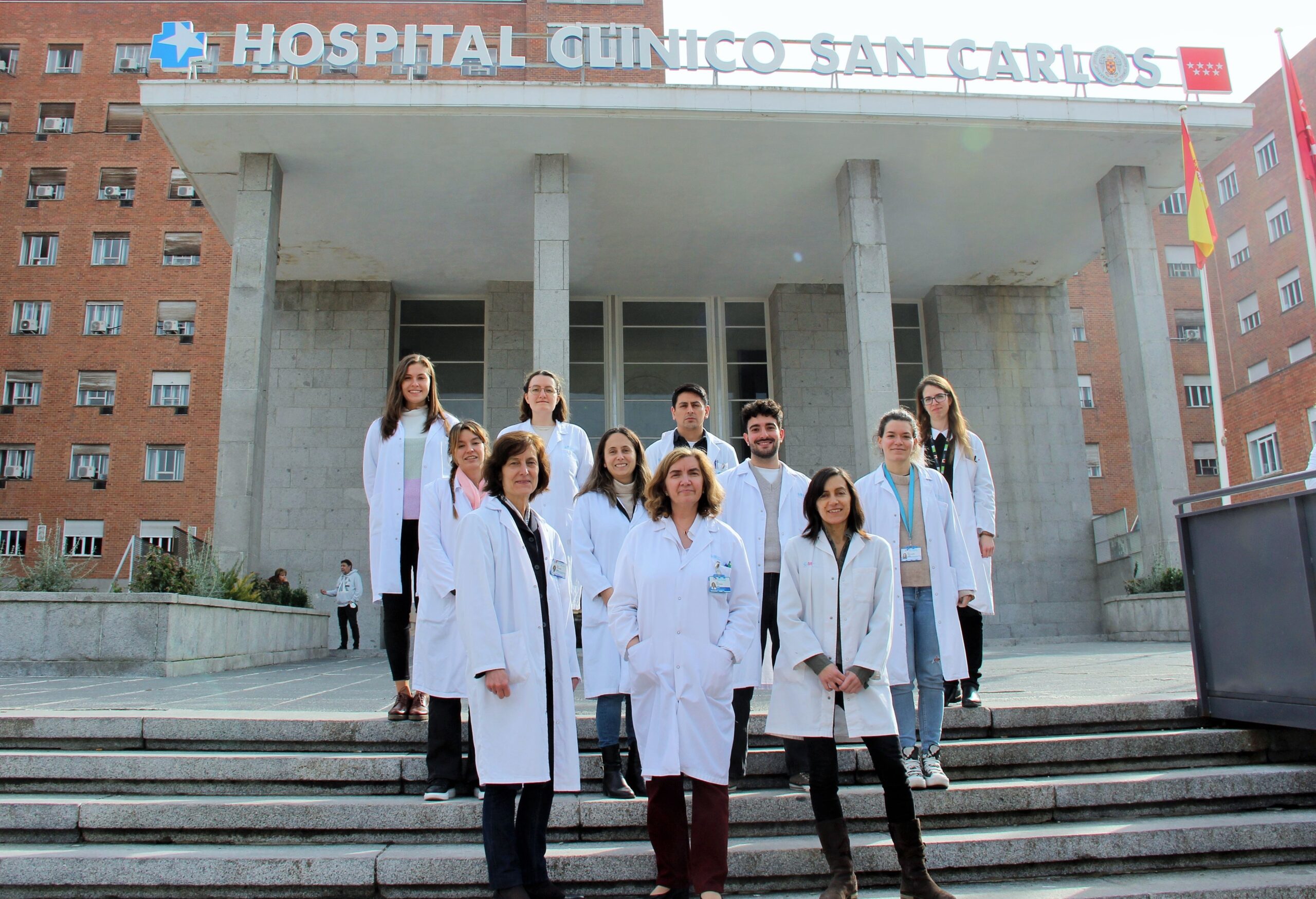
Tel. +34 913303000 (Ext. 482452)
Tel. +34 913303000 (Ext. 482453)

Diseases mediated by the immune system have an aetiology that is currently not perfectly understood. A very important group of them are autoimmune diseases: multiple sclerosis, coeliac disease, Crohn’s disease and ulcerative colitis, rheumatoid arthritis, etc., which result from the interaction of environmental factors that trigger the disease in genetically susceptible individuals. The environmental factors considered vary depending on the pathology: infections by highly prevalent viruses, vitamin D deficiency and sun exposure, gluten intake, microbiota, tobacco… although the causal link is unknown in many cases. Likewise, the genetic risk profile described to date includes factors specific to each disease and others common to all of them. The genomic studies developed in recent years have contributed to expand the knowledge of the genetic basis of these complex and multifactorial diseases. However, they have only accounted for part of the heritability estimated by epidemiological studies and, therefore, it is necessary to reveal where the rest of the genetic variability lies. In addition, it is necessary to further study the role played by the products of these associated genetic factors.
On the other hand, scientific advances in recent years have increased our knowledge of the immunopathology of many of these diseases, which in some cases has led to improvements in diagnosis and the application of new treatments. However, it is interesting to know how these improvements affect specific groups of patients.
Dr. Elena Urcelay is the Scientific Director of the IdISSC.
After obtaining a pre-doctoral scholarship from the Ministry of Education and Science, Elena Urcelay defended her doctoral thesis on liver metabolism at the Centro de Investigaciones Biológicas, CIB-CSIC, in 1991. Then, she worked as a Fogarty Fellow at the National Institutes of Health (NIH) in Bethesda (MD, USA), where she investigated adeno-associated virus replication as a vector for gene therapy.
In 1996, she returned to the CIB with a reinstatement contract from the Ministry of Education and Science, focusing on the role of ion homeostasis in Alzheimer’s disease.
In 2001, she was awarded a “Ramón y Cajal” contract at the Hospital Clínico San Carlos-HCSC in Madrid to study the genetic factors that confer susceptibility to autoimmune diseases such as multiple sclerosis, Crohn’s disease, rheumatoid arthritis, and type 1 diabetes.
She is currently a CAM I3 researcher and Scientific Director of the Health Research Institute (Instituto de Investigación Sanitaria) of the HCSC; IdISSC.
Dr. Urcelay has obtained sustained funding from the Instituto de Salud Carlos III since 2004, overlapping with projects from the Fundación Ramón Areces, F. Mutua Madrileña, F. Koplowitz, and others.
It has been a member of the Multiple Sclerosis Spanish Network (REEM) since its inception in 2008. She has supervised 15 doctoral theses and published 190 articles in peer-reviewed journals.
Concepción Núñez holds a PhD in Biological Sciences, a degree she obtained in 2001.
After completing her studies and doctoral thesis at the University of Santiago de Compostela, she completed a 2-year post-doctoral stay at the Vrije Universiteit in Amsterdam and joined the Hospital Clínico San Carlos, where she has been working since 2004. She is currently a stabilised researcher at IdISSC.
She has 70 publications in indexed international journals, being the principal investigator in a significant number of them. She has participated in 15 funded research projects, 10 of them as principal investigator. He has received 3 research awards in relation to coeliac disease, a field in which he holds a patent (“Method and kit for the diagnosis of coeliac disease”). She also carries out an intense training activity, having already supervised 10 doctoral theses, 9 End-of-degree Projects and 8 Master’s Degree Projects.
She is currently vice-president of the Spanish Society for Coeliac Disease (SEEC). She is a member of the scientific committee of FACE (Federation of Spanish Coeliac Associations) since its creation in 2018, and acts as a reviewer of scientific articles and evaluator of national and international research projects. She participates annually in outreach activities to bring science closer to society.